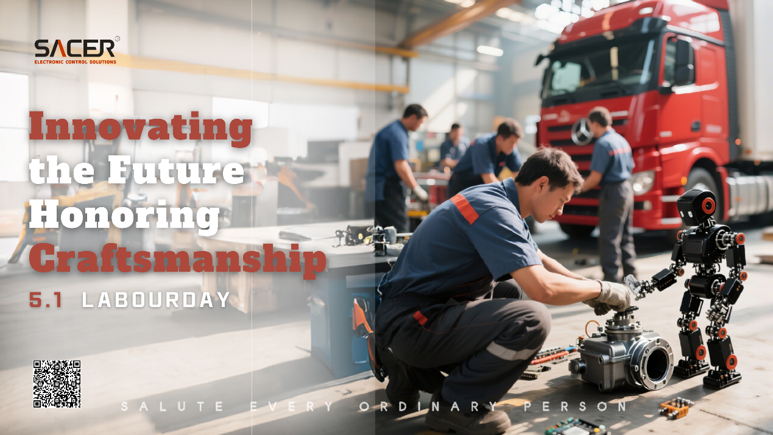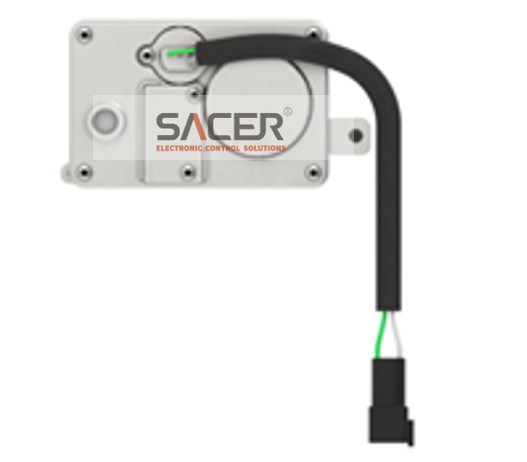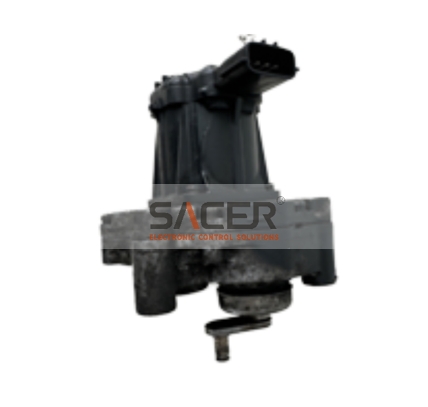Actuators play a crucial role in the operation and performance of both turbochargers and automotive engines. Their role extends beyond mere mechanical components, as they are integral to optimizing engine power, efficiency, and emissions. Here's why actuators are so important:
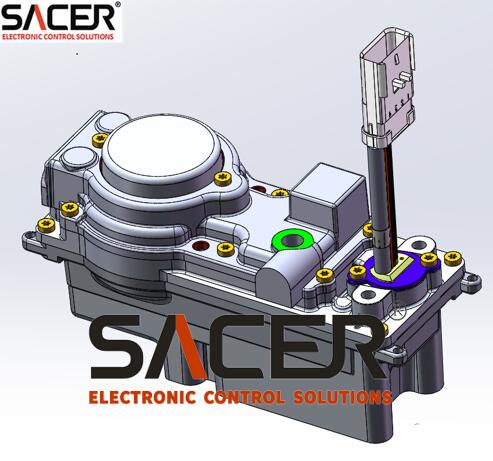
- Boost Regulation: In turbocharged engines, the role of the turbocharger is to force more air into the combustion chamber, allowing more fuel to be burned and generating greater power. Actuators, particularly in variable geometry turbochargers (VGT), control the geometry of the turbine housing, adjusting the flow of exhaust gases to regulate the amount of boost generated. This enables precise control of engine output, preventing overboost or underboost conditions.
- Engine Efficiency: Actuators help balance the engine's performance and efficiency. By adjusting the boost pressure according to the engine's operating conditions, actuators ensure that the engine is neither straining due to excessive pressure nor wasting energy with insufficient pressure. This balance optimizes fuel efficiency and power delivery.
- Emissions Control: Modern automotive engines must meet strict emissions standards. Actuators aid in emissions control by helping the engine operate efficiently, thereby reducing the production of harmful pollutants. They contribute to the fine-tuning of the air-fuel mixture and combustion process, which has a direct impact on emissions output.
- Response and Driveability: Actuators play a vital role in enhancing the vehicle's responsiveness and driveability. Precise control over boost pressure allows for quicker acceleration and smoother power delivery across various engine speeds. This is particularly important for achieving good throttle response and delivering power on demand.
- Adaptability: Actuators enable engines to adapt to changing conditions. Whether it's adjusting for changes in altitude, temperature, or load, actuators ensure that the engine maintains optimal performance regardless of the environment.
- Engine Protection: Actuators help protect the engine from potential damage. If the engine encounters abnormal conditions, such as high temperatures or high loads, the actuator can adjust the boost pressure to prevent potential engine damage and ensure long-term durability.
- Downsizing and Efficiency: As automakers focus on downsizing engines while maintaining performance, actuators become even more critical. Smaller engines can benefit from turbochargers and advanced actuator control to deliver the power of a larger engine while achieving better fuel efficiency.
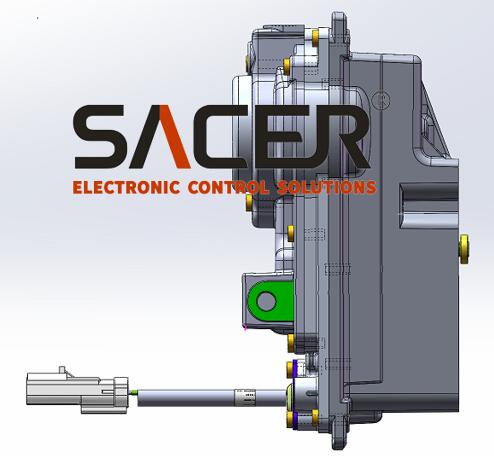
In essence, actuators are the control center of the turbocharging system, allowing engines to strike the right balance between power, efficiency, and emissions. Their precise and dynamic control ensures that engines can deliver performance when needed, adapt to varying conditions, and meet strict environmental standards.


